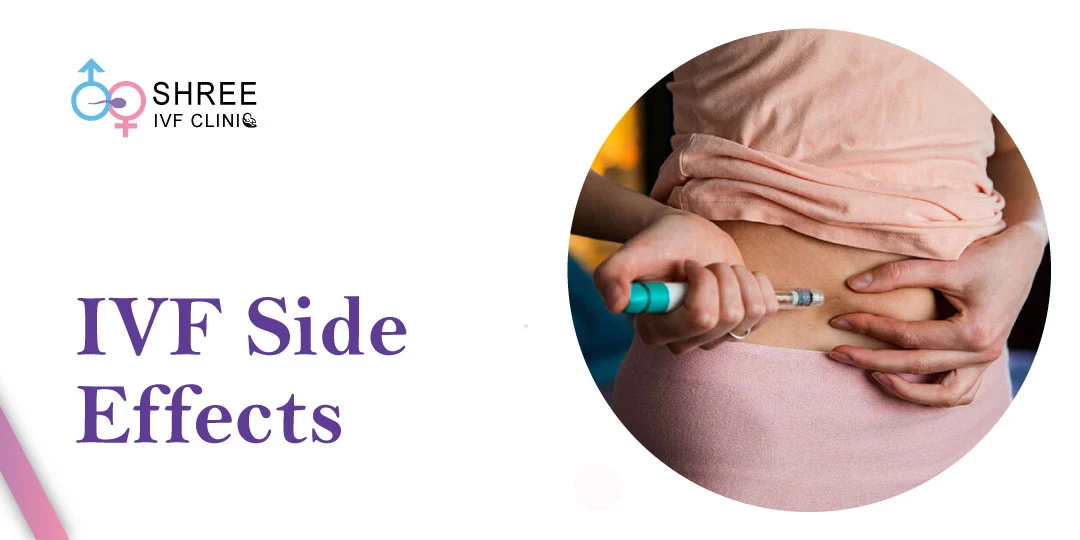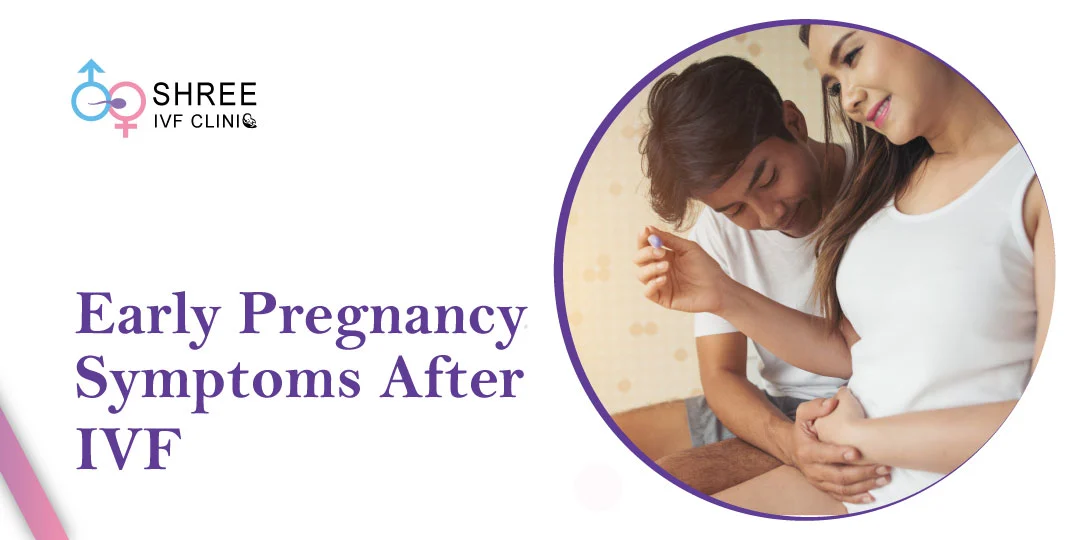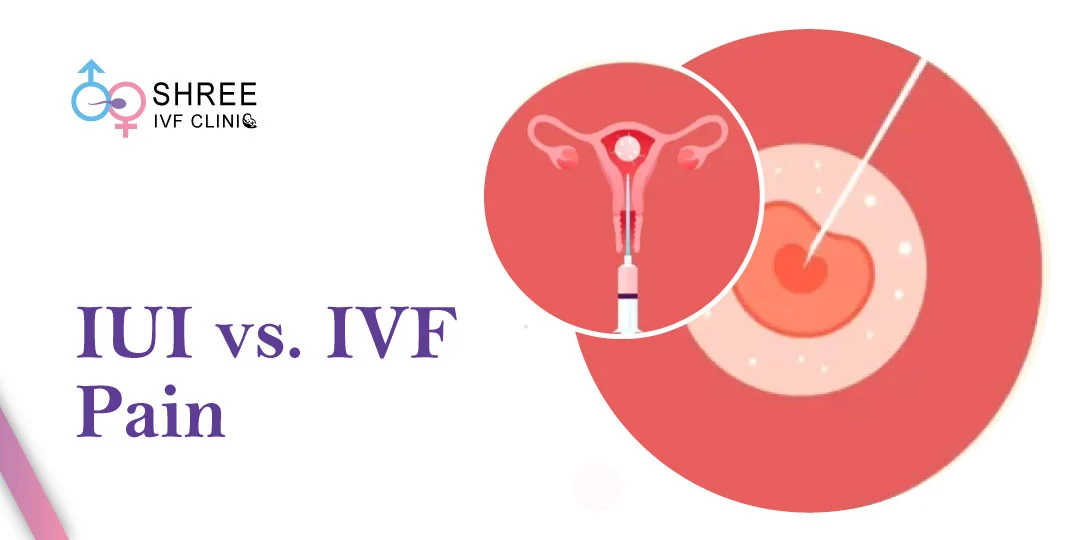Causes of Recurrent Abortion in the First Trimester
UPDATED ON 23 JUN. 2023
As a fertility specialist, I understand the heartbreak and frustration that come with recurrent pregnancy loss.
Miscarriages are common, affecting up to 20% of known pregnancies, but recurrent miscarriages (defined as two or more consecutive pregnancy losses) occur in about 1-2% of women trying to conceive
In this article, we will explore the various causes behind recurrent abortion in the first trimester.

AUTHOR
Dr Jay Mehta
Scientific Director & IVF Specialist with 10+ years of experience
TREATMENT
GET IN TOUCH ON
– Chromosomal Abnormalities
One of the most common causes of recurrent miscarriage in the first trimester is chromosomal abnormalities. These abnormalities can be due to errors in the chromosomes of either parent or may develop during the formation of the embryo.
In fact, chromosomal issues account for approximately 50-60% of miscarriages during the first trimester.
– Uterine Abnormalities
Another cause of recurrent miscarriage in the first trimester is abnormalities in the uterus.
These can include congenital uterine anomalies, such as a septate uterus or bicornuate uterus, which can interfere with the proper implantation and development of the embryo.
Acquired uterine abnormalities, such as fibroids, polyps, or adhesions, can also contribute to miscarriage risk by disrupting the uterine lining or hindering blood flow to the developing fetus
You may want to know How IVF can help people with Recurrent Pregnancy Loss
– Hormonal Imbalances
Hormones play an essential role in maintaining a healthy pregnancy. Imbalances in hormones, such as progesterone and thyroid hormones, can lead to miscarriage.
Progesterone is crucial for preparing the uterine lining for implantation and supporting early pregnancy, while thyroid hormones help regulate metabolism and energy production.
Women with polycystic ovary syndrome (PCOS) may also experience hormonal imbalances that increase their risk of miscarriage
– Immunological Factors
In some cases, a woman’s immune system may mistakenly attack the developing fetus, leading to miscarriage.
Conditions such as antiphospholipid syndrome (APS) and autoimmune diseases like lupus can cause the body to produce antibodies that increase the risk of blood clots and placental insufficiency, which can result in recurrent miscarriage
– Infections
Certain infections, particularly those affecting the reproductive tract, can increase the risk of miscarriage. Chlamydia, gonorrhoea, and bacterial vaginosis are examples of infections that can lead to inflammation and damage to the reproductive organs, increasing the likelihood of pregnancy loss
– Lifestyle Factors
Lifestyle factors, such as smoking, alcohol consumption, and drug use, can contribute to miscarriage risk.
These substances can negatively affect the health of the sperm and egg, as well as the developing fetus.
Maintaining a healthy lifestyle, including regular exercise and a balanced diet, can help reduce the risk of miscarriage.

4,790+
379K+
” Every individual and couple’s journey is unique, and
finding the right solutions tailored to their specific
circumstances can make all the difference “
A Word of Advice
I want to extend my heartfelt empathy and support to those who have experienced recurrent miscarriages. The journey to parenthood can be filled with unexpected challenges, but
please remember that you are not alone.
As a fertility specialist, I am committed to helping you navigate this complex path and find the answers you need to achieve a successful pregnancy.
Please don’t hesitate to reach out for help and support from fertility specialist in Mumbai, therapists, and support groups.
Remember that your emotional well-being is just as important as your physical health during this time.
Together, we can overcome these hurdles and bring you one step closer to the joy of parenthood.
AUTHOR
Dr Jay Mehta
Scientific Director & IVF Specialist with 10+ years of experience
TREATMENT
CONDITION
CALL US 24/7 FOR ANY HELP
GET IN TOUCH ON
Share Article on
Recommended Reading
What Are the Side Effects of IVF?
Know the side effects of IVF, from mild pain to hormonal changes, and get expert advice as you start your fertility journey.
After IVF Transfer Pregnancy Symptoms
Learn about early pregnancy signs after embryo transfer, including cramping, spotting or light bleeding, fatigue, breast tenderness, and nausea.
Which is More Painful: IUI or IVF?
Why is IVF generally more painful than IUI? Discover the expert pain management techniques that can help make your experience more comfortable




